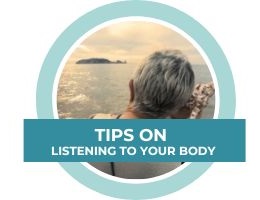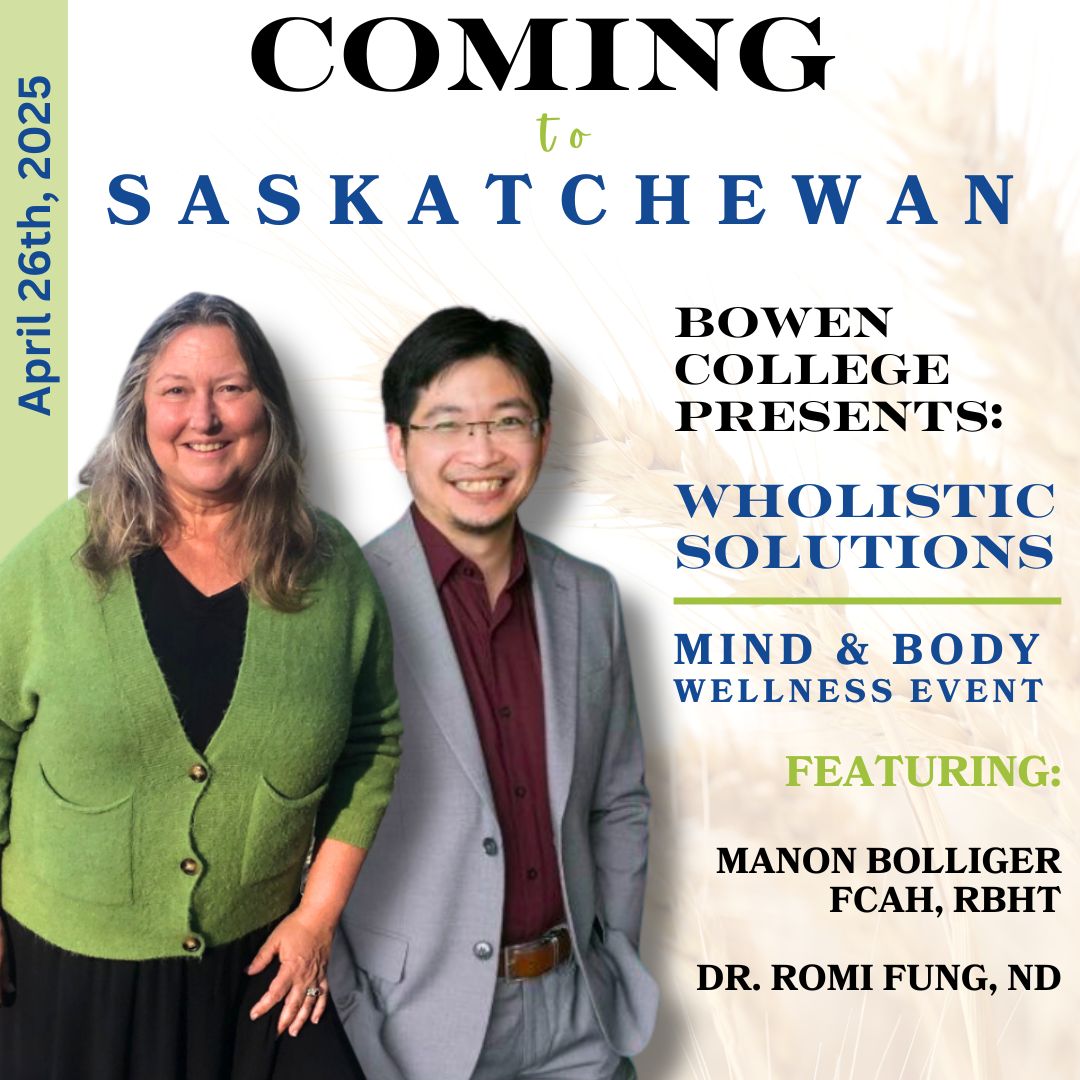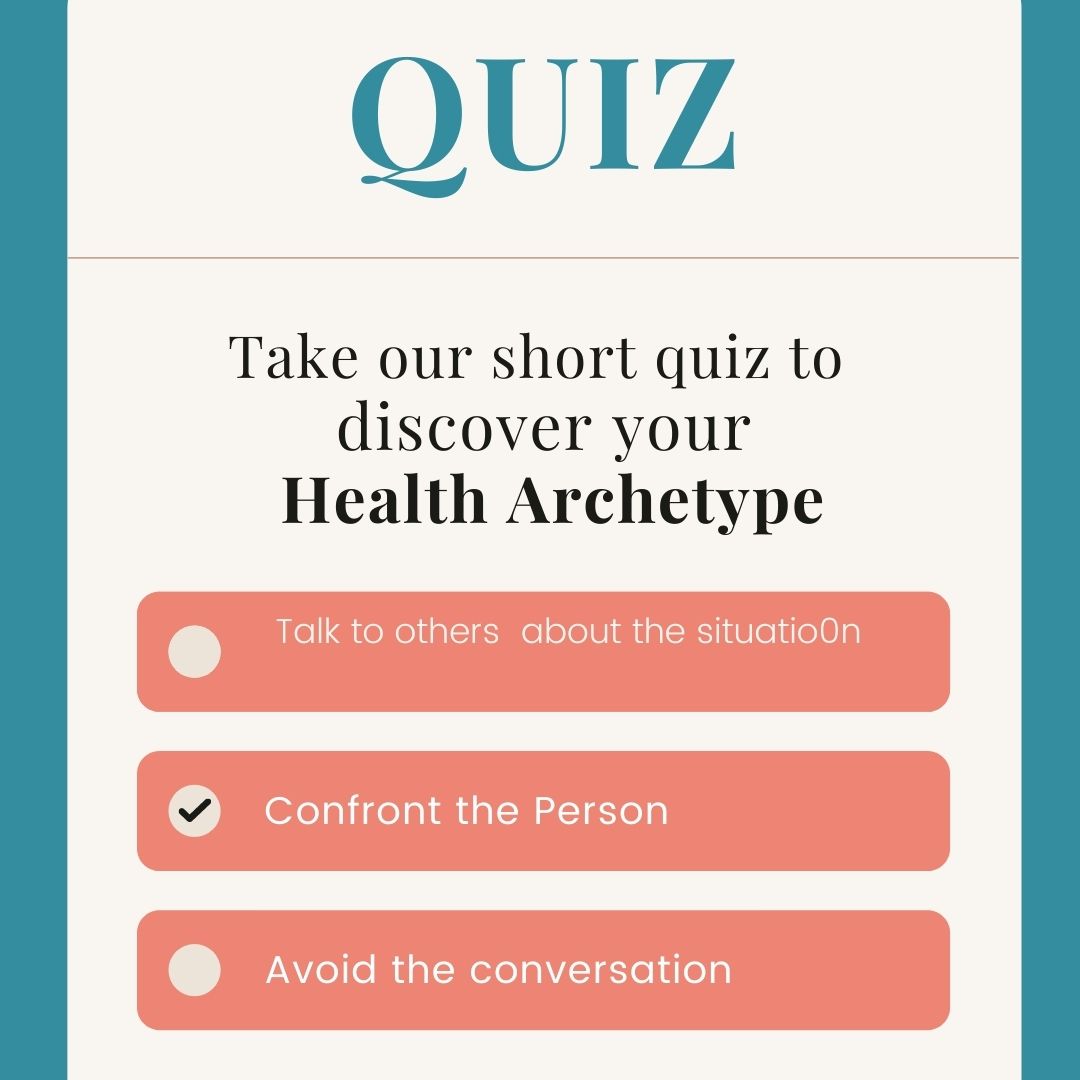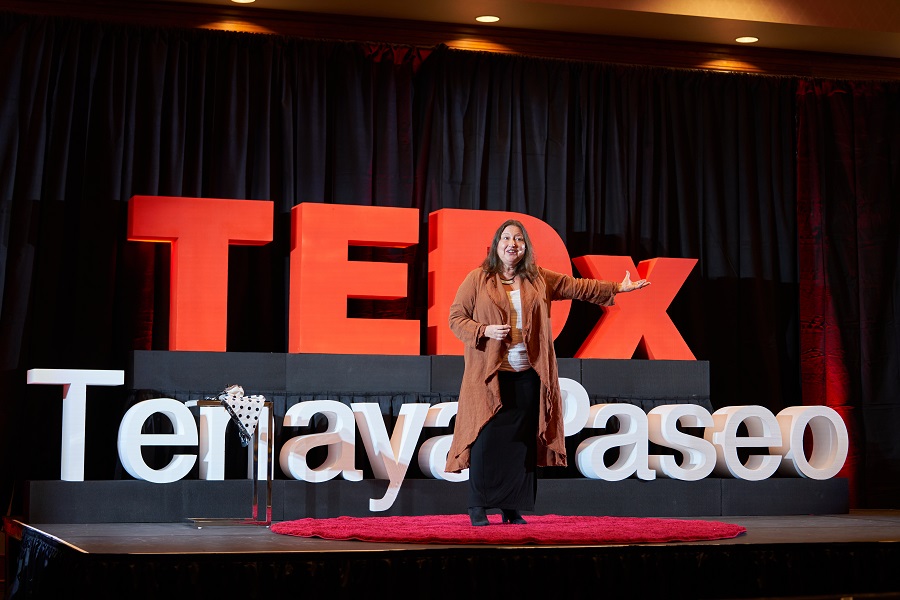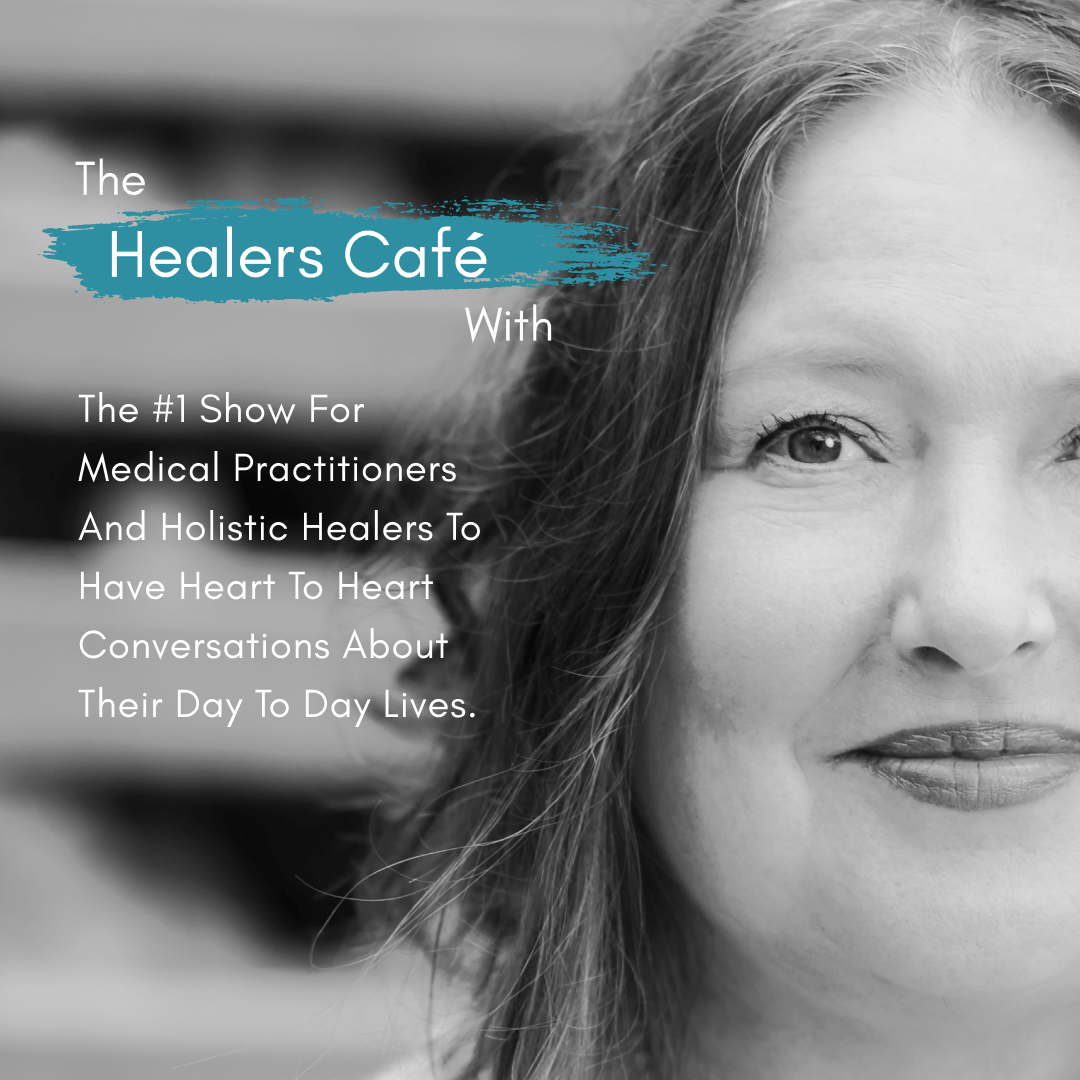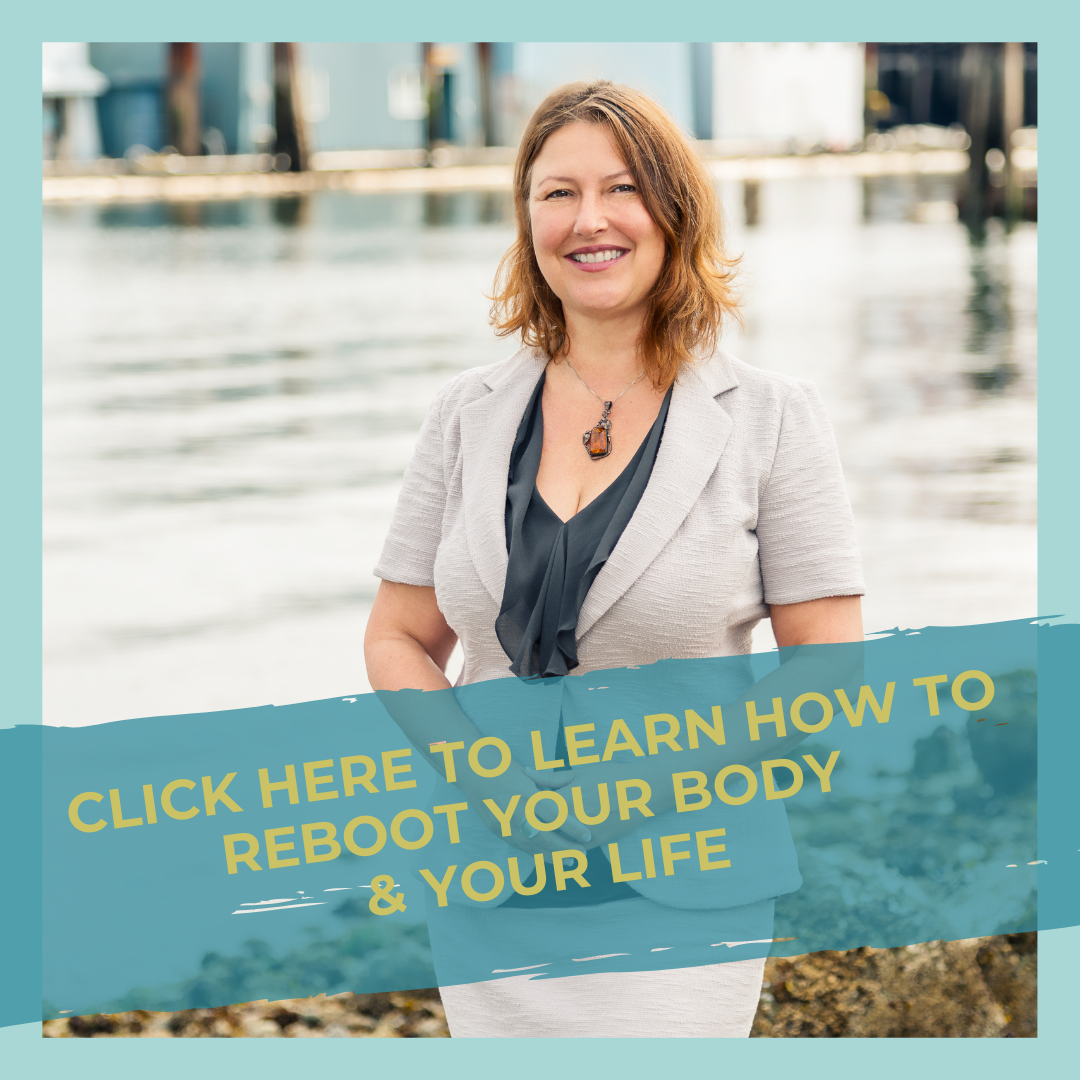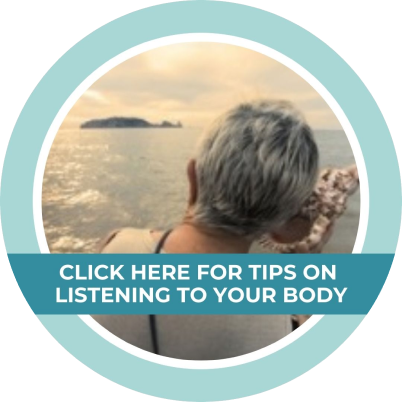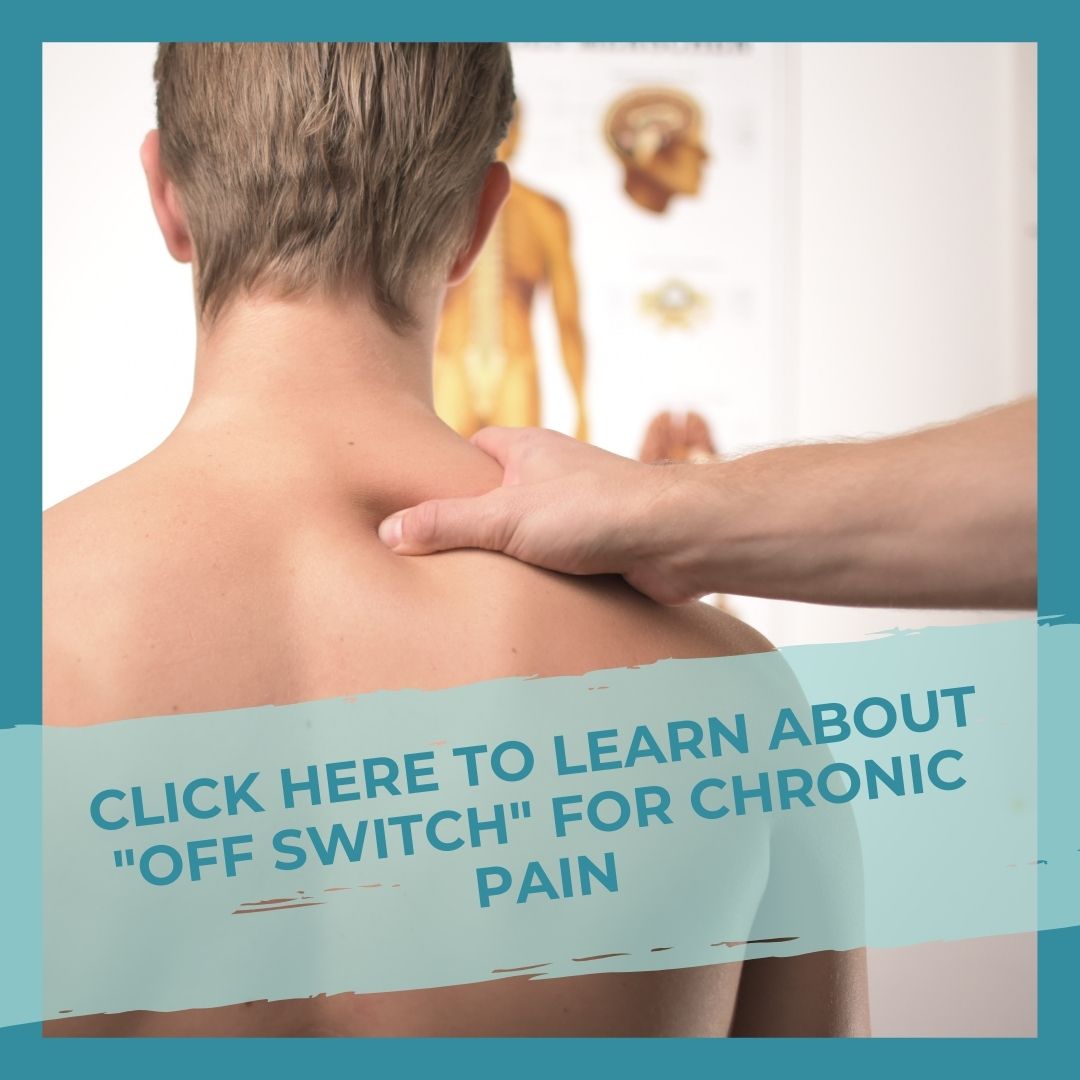
The #1 show for medical practitioners & holistic healers to have heart to heart conversations about their day to day lives.

Manon Bolliger (Deregistered with 30 years of experience in health)
iTunes | Google Play | Spotify | Libsyn | iHeartRadio | Gaana | The Healers Cafe | Radio.com | and many more
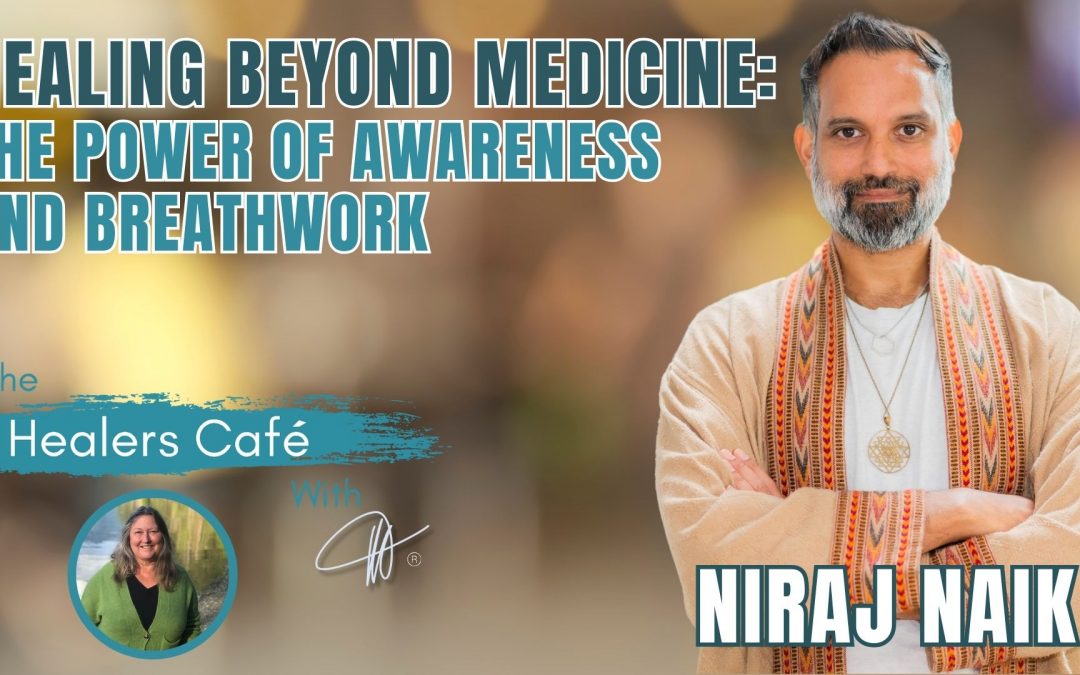
Niraj Naik
Healing Beyond Medicine: The Power of Awareness and Breathwork – Niraj Naik on the Healers Café
In this episode of The Healers Café, Manon Bolliger, FCAH, RBHT, speaks with Niraj Naik about his journey from pharmacy to founding Soma Breath and the healing power of breathwork.
Highlights from today’s episode include:
Niraj Naik 15:44
Because breath, of course, helps you understand who you are. It reveals to your actual code of truth, and from that, you can determine your core values, what you stand for, what your weaknesses are, what your limiting beliefs are, where traumas have come from, and it shakes up a lot of memories from the past, the early imprints that shapes us and creates who we
Niraj Naik I call it the neuro somatic bliss state, this higher state of consciousness, full body bliss, orgasmic state, where you produce a dose…dose, standing for dopamine, oxytocin, serotonin, endorphins, that cocktail of transformation, that chemicals of transformation will allow you, with the right intention, to rewire through neuroplasticity the hardware
– – – – –
Niraj Naik I can take control of my health. I can change. I can heal my body. I can regrow the damaged cells and become the best version of myself if I do the work. So then, so this is the next step is to is
ABOUT NIRAJ NAIK:
Niraj Naik is a professional musician and pharmacist turned holistic health and breathwork expert. He started his path in healing others, as a community pharmacist, yet after several years he found himself a patient with stress-related depression and ulcerative colitis. This was a wake-up call that made him embark on a journey of profound self-healing and education. He created a global community of heart-centred changemakers by founding SOMA Breath – the global breathwork and wellness movement with over 2000 certified instructors, and hundreds of thousands of students around the globe.
Known internationally as the Renegade Pharmacist, Niraj is dedicated to educating others on topics of holistic health, breathwork, meditation, and more. Niraj’s breathwork is advocated by some top names in wellness such as Ben Greenfield, Marisa Peer, Vishen Lakhiani, and Josh Trent of Wellness Force Radio and his techniques are currently being studied by leading neuroscientists at Cambridge University.
In addition to the global breathwork and wellness movement, Niraj has created many other brands related to health and healing and was featured in articles from multiple news outlets across the world as well as hundreds of podcasts.
Core purpose / passion : Niraj is passionate about reducing dependency on pharmaceutical drugs and highlighting the effectiveness of natural healing methods. He believes in addressing the root causes of health issues rather than just treating the symptoms, advocating for lifestyle changes, and preventive care; Inner Truth; & Quantum Potential Discovery.
Website | Facebook | Instagram | LinkedIn | Twitter | YouTube
ABOUT MANON BOLLIGER, FCAH, RBHT
As a recently De-Registered board-certified naturopathic physician & in practice since 1992, I’ve seen an average of 150 patients per week and have helped people ranging from rural farmers in Nova Scotia to stressed out CEOs in Toronto to tri-athletes here in Vancouver.
My resolve to educate, empower and engage people to take charge of their own health is evident in my best-selling books: ‘What Patients Don’t Say if Doctors Don’t Ask: The Mindful Patient-Doctor Relationship’ and ‘A Healer in Every Household: Simple Solutions for Stress’. I also teach BowenFirst™ Therapy through Bowen College and hold transformational workshops to achieve these goals.
So, when I share with you that LISTENING to Your body is a game changer in the healing process, I am speaking from expertise and direct experience”.
Mission: A Healer in Every Household!
For more great information to go to her weekly blog: http://bowencollege.com/blog.
For tips on health & healing go to: https://www.drmanonbolliger.com/tips
SOCIAL MEDIA:
– Linktr.ee | Rumble | Gettr | Facebook | Instagram | LinkedIn | YouTube | Twitter |
About The Healers Café:
Manon’s show is the #1 show for medical practitioners and holistic healers to have heart to heart conversations about their day to day lives.
Subscribe and review on your favourite platform:
iTunes | Google Play | Spotify | Libsyn | iHeartRadio | Gaana | The Healers Cafe | Radio.com | Medioq | Audacy |
Follow The Healers Café on FB: https://www.facebook.com/thehealerscafe
Remember to subscribe if you like our videos. Click the bell if you want to be one of the first people notified of a new release.
* De-Registered, revoked & retired naturopathic physician after 30 years of practice in healthcare. Now resourceful & resolved to share with you all the tools to take care of your health & vitality!
TRANSCRIPT
Introduction 00:00
Welcome to the Healers Café. The number one show for medical practitioners and holistic healers, to have heart to heart conversations about their day to day lives, while sharing their expertise for improving your health and wellness.
Manon Bolliger 00:20
Welcome to the Healers Cafe, and today I have with me Niraj Naik. And he’s a professional musician and a pharmacist termed holistic health and breath work expert. He has created a global community of heart centered change makers by founding Soma Breath the global breath work and wellness movement with over 2000 certified instructors and hundreds of 1000s of students around the globe. Now he’s known internationally as the renegade pharmacist, because Niraj is dedicated to educating others on topics of Holistic Health, breath work, meditation and so much more. I think at this point, Niraj, I’m just going to welcome you and ask you, how did this journey begin? It seems like a pharmacist, I mean, I guess you’re exposed to what’s happening. Maybe that’s the truth, but yeah, tell us a little bit about your journey, and welcome to this talk.
Niraj Naik 01:31
Well, absolute pleasure to be here. And yeah, I’ve been through a bit of a crazy journey. Definitely seen both sides of the story, from working in conventional, you know, pharmacy, where I was dishing out pills every day like a lot for seven years, and I just got really depressed with the whole the way the system works, and very disillusioned. Partly because I actually ran a business before that, where I ran some of the biggest raves in the UK back in 1999 for three years, I had a 2000 people venue, which was every month we would throw these amazing events. And that’s where I thought I was going to be a DJ, promoter, artist, and then I lost everything and ended up as a pharmacist. That was what I fell back on. My parents were like, you know, you got to do something so that you have something to fall back on. So that was a bit of a lucky thing. I had that, but it was also one of the worst and best things that ever happened to me. Because, firstly, it was so depressing, like going from imagine being on stage, you know, playing to 1000s people, to suddenly now a lab coat in white shirt, dishing out pills all day long, putting labels on bottles, counting out pills and then what I quickly realized was that there’s a there was a problem with the business model, right? Because I was like the business model of pharmacy as an entrepreneur, I could see it was, you have …..
Read more...
to have patients forever.
Manon Bolliger 03:16
Right.
Niraj Naik 03:16
If you cure people, it’s over for the business, right? So the whole business model makes sense, and the business model actually means that the more sick people are, right, and the more drugs you can prescribe to the same patient, the more money the company makes. So the side effect of the business means more sick people and basically a lot more suffering, because anything other than that would mean less business for Big Pharma. So for me to feel that experience, that’s what I’m doing for a living every day, just destroyed my soul. And what I found really strange was how many pharmacists just came in, clocked in and out, didn’t give a shit about their patients at all. They didn’t seem the same kind of spiritual void as I did, and they also, a lot of them, thought it was okay. They didn’t want to go too deeper into how it all works, because the truth would probably scare them. So I being a very inquisitive person who just sees things like a, you know, a hawk by investigating, you know, what they want to go after, I could just see what this was. And so I,,,what I wanted to do was actually help my patients. In the end, I had a bit of a breakdown myself, and got taken to a Tony Robbins event. And that’s where the first time I ever heard anyone talk about lifestyle, diet, nutrition, for preventing health. So I was like, well, look, I got a pharmacy full of sick patients. I’m going to try and make my job more fun to see if I can get them off the pills, rather than onto the pills. And I got really good at doing that, and I made this healthy shopping service. Got really good at getting people off pills by changing their diet, just by writing shopping lists. That got me promoted head office of one of the biggest supermarket chains in the UK, and they gave me this offer to create an actual web based home delivery shopping service of healthy shopping. So I was like, wow, this is amazing. There is a God, wow. Like, you know? You know, the universe does want humans to get better. But then six months into it, boom, they shut it down. Just there was the middle management who basically didn’t want me to be there in the first place, saw me as a bit of a threat. And if you ever worked in a corporation, when you’re the teacher’s pet, the director’s pet, you’re the enemy of of all the managements, because they think that you’re going to take their job, right? So I was the director’s pet, because I had this novel, innovative idea which he loved, and they had never had an idea in their life that the director probably liked. So I was a huge threat. And said, what if…you want to know who the deep state is in the world, the deep state that runs everything is a middle management.
Manon Bolliger 06:23
Yes, I would agree.
Niraj Naik 06:24
Middle management, the ins and the implementers of the machine that keeps everything status quo right? So they shelve this idea. It was really hard battle anyway, getting any of my ideas concepts to completion. And so I lost my faith in humanity, God, the Spirit. I thought that there’s no such thing anymore as heaven or hell, like any idea. I just feel this is all material accident that this humanity is, and because that’s the only way I could explain the inhumanity and the robotization of human beings in the system. So I slowly broke down and got an autoimmune disease at the same time, and I got diagnosed with ulcerative colitis, where I’m now shedding blood 40 times a day for almost a year. And this was where not only the best thing had happened to me, but also the worst pain I’ve ever experienced in my life. You know, like spending more time on the toilet than off, it 40-50, times a day and but they’re also, like, literally wearing a nappy whenever you go out, you know, because you might poo yourself, and it’s that bad, also, because it’s horrible. And then I lost a third of my body weight. And then the the worst bit was when the consultant said, like, you got two choices. One, you have your colon removed, right? And wear a colostomy bag or two. There’s a drug that hasn’t been tested yet. You can be on a trial for this drug. So I was like, No, thank you. And you know, before that, I asked them, What about diet? Like, as I saw this, benefits of changing diet? Nope, shut up. Take the pills. What about stress? Like management techniques, No, shut up. Take the pills. That’s the only thing that’s proven. So I just surrendered. I lost my faith in humanity, and in myself and everything. So I was ready to die, to be honest. So I disintegrated. I was about to die, and I was okay with that. Then there was this one moment out of very crazy, dark night of the soul, moment where everything changed. And this is when I knew it was a do or die situation, and fate had a different story for me, which was this amazing woman called Swami Amikananda, yoga teacher in the UK, she came to me and said, Look, you actually have a gift. If you can turn this around, you could be an amazing role model to other people and use your story to inspire people, and this could give you a whole new career. So I was like, Ah, she was covertly trying to get me to become a yogi, and follow in her footsteps. And I did do that in a different way, a bit more of a renegade way, right? So what I did was I went really deep into all of the science and evidence behind yogic techniques, pranayama and breathing techniques, because the first thing she told me was breath control, and I had such a relief from the simple breathing techniques for turning off the stress, I was like, wow. And then I started to go deep into the sources that Tony Robbins got his ideas from, like Joseph Murphy the power of your subconscious mind. And I learned that there’s, you know, a way we can reprogram the unconscious, which is a source of a lot of autoimmune problems, using affirmations and mantras. And that the mystics from the East have been trying to teach us mantras for years, and Christian Science is also just using mantras in a form of prayer. It’s all speaking to the God within which is our unconscious mind, the operating system of the mind. And then I started to have such crazy, amazing, almost miraculous like transformations for myself and manifesting opportunities and things, that I started to get this real faith back in a divine power, something beyond myself, a universe, but not one which is just like there’s a heaven and hell and God and white coat type, I mean, white beard in a sky type character. What I realized was that actually we are living in almost like a matrix, like simulation, where the moment we’re born, we’re programmed, and there’s a universal game of life. Once you understand the code of the universe, the language of how we get programmed, we can create magic. We can bend reality and transform not just ourselves, but others too. And that this is a beautiful creation. This universe has created for us that it doesn’t matter if there’s a God or not. Once you know, there’s this game that you can play. There is a light that you can tap into, higher states consciousness, which are just reflections of the best version of who you are, right? It’s your highest state of existence that’s possible in another reality, and we can move towards our reality, or we can choose to believe that this universe has no benevolence to it and no like code that we can actually work with and go to very cold, sterile, dark places a lot of people do who don’t believe in God or anything beyond themselves, and I started to get this new perception of God for myself. It’s probably quite similar to what the Vedic scientists were trying to tell us all, and the understanding of quantum science and all this stuff. And I realized that the breath has a lot to do with it, because the breath is the first thing we do when we’re born and last thing we do when we die and pranic energy, life force is the energy that we call into us, is what function…drives every function of life, but is also what we can manipulate to transform matter and reality if you want. So I got really deep into all of this stuff. Went really deep into it and created my own systems to help other people with ulcer colitis. And I realized that music has an amazing effect.
Manon Bolliger 12:52
Okay.
Niraj Naik 12:53
Because music has always been part of spiritual practices, but it got corrupted by corporations who turned music into a tool to create culture as they see it, as they want it, where they can make the most that money from not just selling records, but selling merchandise, selling movies, selling selling anything to that culture. So classic example, and this isn’t always good, cultures are created like the classic example is the hip hop gangster rap culture, which is complete manufactured culture from these demigog music execs who have constructed reality for themselves that actually creates a very toxic culture, which creates a lot of problems, and that means that they can sell them more stuff, right? And these people end up, you know, becoming like, it’s like a cult. Music cultures are like cults and of their own, with their gurus and leaders, right? And I was like, you know, what? The music scene that I was a part of also had the good side to it, but also a very toxic, bad, dark side to it. So when I realized actually music is spiritual in nature, right in terms of it has the potential to actually improve someone’s life positively and make them a better person. And that’s what the Vedic book of the Sama yoga is all about. It’s a whole text on mantras, hymns and prayers and songs that have a mystical, positive quality to it, and also explains the dark side of music too, and how you can use it for black magic. It’s all in the Vedas, actually. So I realized, actually, that there’s a way like and you make music again, that is for the force of good. And what I realized was the benefit I got from music myself, from combining the breath with rhythmic music that changes your state with the rhythm of the breath. And this became my first early version of the summer breath. I started to share. Got really popular, and then I ended up meeting this guy, Wim Hof, who’s like this incredible, superhuman Iceman guy who everyone knows now. And I actually ended up being his right hand man for a while, and made the music to the music Wim Hof Method. So if you go to his app, if you go to his courses and all that, it’s all my music I produce with him. And so that made me realize, actually, that this is really cool. This stuff really works. It’s helping a lot of people. So I went deeper into it, and I started to make musical breathwork journeys for all kinds of situations. And that led me to then develop neuro somatic programming, which is a tool for it’s a form of scientific prayers, of reprogramming the operating system of a mind more in alignment with our best versions of who we are, what we are by understand.
Manon Bolliger 15:44
Right.
Niraj Naik 15:44
Because breath, of course, helps you understand who you are. It reveals to your actual code of truth, and from that, you can determine your core values, what you stand for, what your weaknesses are, what your limiting beliefs are, where traumas have come from, and it shakes up a lot of memories from the past, the early imprints that shapes us and creates who we are. And with that, then you can reprogram yourself, install new apps into your operating system that leads you towards being more of what you want rather than what you don’t want. And I realize that we’re always manifesting. We’re amazing manifesters, every single one of us and that we’re just not knowing how to manifest what we really want. Most people manifest what they don’t want, right? And but there’s a way to manifest what you truly want, and that’s now the whole system of soma breath is a design to give people a positive way of life, a breath based lifestyle, with a set of incredible tools that can even be used as a recreational experience. We have the dance versions, we have the meditations. They can be like amazing group practices, ways to celebrate life. But then we also have the real deep therapy work as well, and it’s really a pharmacy I’ve created. It’s my fuck you to Big Pharma. It’s the antidote to the bad medicine that’s been pushed onto the world and and that’s what I want to train instructors. So my whole thing is, how do I duplicate what I’ve achieved? And get the same result? So I made a whole instructor training certification. We’ve even got Cambridge University have done studies with me.
Manon Bolliger 17:24
Wow.
Niraj Naik 17:24
You know, we’ve done the biggest breath work study to date, and these are amazing science neuroscientists, and they’ve got some compelling results. So, yeah, so that’s where I am today. So now I’m talking to you about what we’re doing now, and that’s where we’re at.
Manon Bolliger 17:39
Goodness, that’s it’s amazing though, how you know life, if you have the ability to piece all the pieces together, it’s always all there, right? Like, like, just the fact that you had to be a pharmacist, or, you know, it was recommended by your parents. That’s not the battle you chose. You said, Fine, I’ll just do this. Maybe it’s a good thing to have in the background, right? And then you did your thing, your own thing, you know. And then, you know. And then it, it sort of meshed and merged, and now it’s transformed into a pharmacy of music, breath work, and, you know, positive medicine, right?
Niraj Naik 18:22
It’s fun.
Manon Bolliger 18:24
And fun, exactly. Well…
Niraj Naik 18:27
I love my life. That’s my mantra, I love my life. Yeah.
Manon Bolliger 18:31
I can see, I can see why. So I had so many questions along the way, but I think maybe what might be helpful just to get a real taste of this. I mean, is, if you break it down to a person, let’s say a person has a condition, whatever it is that they’ve been given. In your case, it was all sort of colitis. But how do you, or at this stage, do you work with them through music and then all of like, what do you do now that you are where you’re at, besides training other people to do this, like, how do people work with you or benefit from your work?
Niraj Naik 19:20
There is a two step process, right?
Manon Bolliger 19:22
Okay.
Niraj Naik 19:23
So the first step is awareness. So awareness means self inquiry and understanding. How did you get to where you are today, where you are diseased? So a lot of chronic diseases are the result of what happened in the past, their the programs that…the thought viruses in a lot of cases, they got you to where you are today, right? And so first is to really wake up to that, to understand what that is, and to even go back in time to where certain bad habits or programs, or, you know, habitual patterns have been formed. So that’s the first step, once you have awareness of also how your body works, and also knowing how your mind works and how your mind can destroy things and create things, right, and maintain things, but then also having a awareness of like how the body functions, and that we are a hardware and a software, and the mind and body are not separate, right? So imagine we are like computers, right? Where we have a hardware, so our physical system and our nervous system, and we have the operating system, which is the mind, okay? And that gets programmed and installed. And our hardware has some imprinting that happens very early on in the when you’re being developed, in the womb, and then when you’re born. But also you carry stuff, information from the past, epigenetically that can change. But once you’re aware of this, it’s not hard to understand. This is what I used to do in the pharmacy. I used to say, used to tell people in very quick terms, imagine your body is like a super efficient bio engine. And what happens you got a car, right? Like, what happens if you put diesel into a petrol engine or petrol into a diesel? What happened? Have you ever done that mistake? They were like, oh, yeah, of course. I’m like, and what happens? And their like, it, you know, breaks down, or chugs along, or have to clean out it’s expensive. I was like, Well, that’s exactly what you’ve been doing. You’ve been putting the wrong fuel into your super efficient bio engine. And do you want to know what the right fuel is? So fuel comes in many forms.
Commercial Break 21:42
What would your life be like if you were pain free? If you were one of the millions who suffer from chronic pain? The thought of just one day without it may seem impossible. This is often because conventional medicine tends to fall short in the treatment of pain, opting to prescribe pills or recommend surgery rather than getting to the root cause of the problem. But if you are suffering with emotional or physical pain, there is hope. Join the founder and CEO of Bowen College, Manon Bolliger, live online for your body mind reboot. Learn how to listen to your symptoms and get to the root cause of your pain, plus be trained in basic bow and therapy moves so that you can reboot your body for optimal health. You don’t have to live in pain. You can heal, stop the pain pill cycle by visiting www.yourbodymindreboot.com to learn more and to register.
Niraj Naik 22:44
There’s food, what you put into your brain, right? What you read, you write, what podcasts you listen to. That’s why you should listen to this one and so on, right? There’s so many sources of fuel, right? So once you have awareness of this, then we go to the next stage, which I call meta reprogramming, or meta programming. This is where we use breath work this is how we reprogram.
Manon Bolliger 23:14
Before you go to the breath work. I mean part of that consciousness is understanding. I would think, as it was in your case, the limitation are of, you know, pharmacology, the way it is being used, right, like symptom suppression, this type of the whole model is not based on making people healthy. It’s really a disease management and, you know, that type of thing. It’s a very low frequency way of operating from you know, seems to be your experience, his mind watching it. But I think you have to come to that understanding that that’s not what’s going to save you, right?
Niraj Naik 24:06
That’s part of the awareness. The awareness, right. The eucational piece of of why you need to take your own control of your own health.
Manon Bolliger 24:15
Okay, then let’s go to the breath.
Niraj Naik 24:17
Yeah. So then once you understand all your programs and imprints and how you’ve ended up where you are today, right? The next step is to realize, you know that your very best thoughts have got you to where you are today. So the story you’re saying to yourself, the voice in your head, is actually creating your reality, right for you. So it’s to take control of that. So this is…but there’s also other thoughts. The mind is a funny thing is the funny saying is, where is the mind? Never mind, right? Because we don’t know much about that. But what we do know is that every cell has a consciousness. Every part of your body hardware has consciousness. So does the operating system of the mind. And there’s other layers of that. There’s also super conscious mind. There’s the known local states of consciousness and all that. So once you understand this and how you have different levels of consciousness, you can then use tools to change your state of consciousness to be able to reprogram. So we knew this 1000 years ago, the ancient mystic shamans would use psychedelics and also drumming and breathing techniques and mantras and all sorts of voodoo type stuff to wake people up into an auto state of consciousness and to clear bad programs right in that state. Now, there’s that shamanic way of doing it, but there’s another way of doing it, which is using the principles of what they’re doing, but doing it through something, as to me, a bit more scalable, which is breath work. And there’s breath work modality of rhythmic breathing, which takes ancient breathing techniques, puts into a specific sequence designed to get you into the right state of consciousness. I call it the neuro somatic bliss state, this higher state of consciousness, full body bliss, orgasmic state, where you produce a dose…dose, standing for dopamine, oxytocin, serotonin, endorphins, that cocktail of transformation, that chemicals of transformation will allow you, with the right intention, to rewire through neuroplasticity the hardware right. Which is where the earliest imprints came from, and clear out trauma and old baggage and all programs and reinstall new ones, and even tap into even higher states, conscious where divine downloads come right and aha moments and new perceptions of what happened in the past. So you can change what your state is in now, to maybe a bit of a victim mode, or to like, oh my god, the world is shit, and there’s no such thing as God or universe or higher power, and to something a bit more empowering, which is there is a higher power we can tap into it. I can take control of my health. I can change. I can heal my body. I can regrow the damaged cells and become the best version of myself if I do the work. So then, so this is the next step is to is to do the work. So I lay out a system called neuro somatic programming, which helps you to rewire old programs. Right? It’s very simple to do. And then we work in conjunction with that, right from the beginning, on the hardware. So certain breathing techniques helps you upgrade your mitochondria, make your mitochondria more efficient using oxygen, and also get oxygen to where it really needs to go in the body, which is the damaged areas of cells, or the areas of the body that have low body tissue oxygenation. So certain breathing techniques for that. So we get the oxygen back into where it needs to go. We get the energy balance to get in the body. We also then, then help people with the nutrition. This the food, the healing, the gut lining. You know, we have a whole protocol for gut health, because a lot of people have damaged guts to source of a lot of people’s problems. So we work on the physical side, but then we have the breath work techniques to help do the reprogramming. And we use this neuro somatic program, which is this guided processes, my own process of basically helping people to speak to the unconscious mind by going into a magic room, like as a visualization technique, and then they reprogram the unconscious, and that’s what leads to then the eventual change transformation. And there’s one active key mechanism in the breath that leads to all the magic, right? And it’s called kumbaka, or nisheshaka. Kumbaka, which is the breath hold the state where you pause your breath
Manon Bolliger 29:08
Right.
Niraj Naik 29:09
Right when you hold your breath. And this is what we showed in Cambridge studies, you can get into a state of consciousness that, like psychedelics, get into DMT, psilocybin, you know, ketamine, which alters your state of consciousness in a way where it allows you to have a new perception of reality and your past and and your situation, and it allows you to then get into a state where you feel much more connected to yourself and and something beyond yourself and you enter into these very profound bliss, like states that for some people, they’ve never experienced before in their life, this overwhelming bliss feeling like and that in itself, shakes you up and wakes you up and makes you feel empowered again and positive again. And from that comes a change.
Manon Bolliger 29:59
Well, it’s really the experience that it’s not, it’s not intellectual at that stage, right? It’s not theoretical anymore. You actually feel the difference.
Niraj Naik 30:12
Yeah, everything we do is experience, experientially.
Manon Bolliger 30:15
Yeah, yeah, that’s quite…what about frequency? Does that because you mentioned rhythm, which I relate to very much, because I feel that it changes things for me. But what about frequency is that a some people say that, you know, there was a change from 440 to four…it used to be an earlier frequency, I think 428, or something,
Niraj Naik 30:45
528, so this is where I am slightly unpopular in these more new agey realms.
Manon Bolliger 30:53
Yeah, no problem.
Niraj Naik 30:55
Because I debunked all of this. So firstly, I went fully down a rabbit hole. At first I went down that rabbit hole, and I started to make all this music of that nature, right? And, you know, it got quite popular on YouTube and all this, and I was making even money from it. And then I sent it to my friend who’s like a high level musician. He’s incredible composer. Plays every instrument you can imagine, but also got a PhD in music and acoustic engineering. He just is the most smartest guy I know in terms of music. And I said to him, Hey, man, I think this is stuff is really cool. Like, what do you think of it? Like maybe you want to help me make some some apps or devices for this? He took one look at it, and he just debunked every single aspect of it. And then I was like, Oh, my God. So then I started to go in and do it myself to see whether any of this made sense. So, the problem with…okay, do you want me to debunk it?
Manon Bolliger 31:57
Sure.
Niraj Naik 31:58
Do we have time?
Manon Bolliger 31:58
I mean, well, I mean, I wanted to end with what you love and what you’re putting forward. But if you can do it in a short time, or give us a reference, that would be great. Yeah, go ahead, do a little debunking. I’m curious.
Niraj Naik 32:13
Okay, so 528 hertz was a thing made up by this guy, Leonard Horowitz, who also wrote this book, and it was written by this guy called Dr. Pulio right, who, when you go into it, is though the Bible codes of the apocalypse or something. It’s called the book anyway. So I actually thought, instead of just reading the headlines on his blog, I should actually read the source material. So I started to do that, and then what I realized was that quickly unravels. I actually have some Instagram reels. You go to my Instagram @nirajnaikofficial that has all the debunkings, and you can look it up. Loads of people have done it since. But basically, this guy, who’s the ghost writer of this book, doesn’t even exist. I think he’s like a just a made up character. I can’t find any reference to him, but then what he’s done is he’s said that there’s these hidden codes in the Bible, and one of them is 528 Hertz. And when you look at it and all the things he says about Pythagoras and so and so, when you actually go through all of the facts, every point that he makes, none of them make sense. They’re not truth, right? And also, the guy who invented hurtz was in the 19th century and the Bible, they didn’t have things in hertz then. So that’s the first one, right? That was first easy one to discredit. And then with 432, hertz. So then I think what they got inspired by was that this guy had made such an impact with 528 Hertz. The whole industry of 528 hertz music was made. So somebody else came up the 432, Hertz, right? Saying, no, no, this is the frequencies. They all have the same, a different story of the Nazis or the Rockefellers. One says it’s the Rockefellers. The other one says the Nazis, who changed all the standard tuning. Who is it? Which conspiracy is valid, you know, right? And then the other thing is the there’s a war between Lennon horrors, the 528 hertz people and the 432, they hate each other. So there’s a battle of two sides, two versions, and then they’ve debunked each other, right? So it’s a joke. It’s a bit of a farce, my opinion. And here’s the thing, the truth is that back in the day, like when globalization started to happen a bit more, where people were traveling more to different countries, orchestras were moving around. They wanted, they wanted music to sound the same, and it to be easy for musicians to come and just tune quickly, to get into a standard tuning, right that everyone can measure with a device or something. So they just came up with 440 hertz. And it wasn’t the Rockefellers. It was a British kind of music academy who came up with the standard. It was nothing to do with the Nazis. It was before even Nazis really came into power and so on and so forth. So there’s so many holes to the stories. What it has done is made a lot of money for the people who sell that kind of music. I don’t want to spoil the magic. If people like it, then great, but I’ll give you an example, like, of the placebo effect of it is that I actually for a laugh after this, I realized all this. I thought I’m just going to make a track that is just 440 hertz, upload it to YouTube and just call it a 432 hertz track to see what people think. And the comments were just incredible testimonials from people. So there’s just long lists of positive comments, right? So I was like, Well, do should I spoil the magic or not. No, let them all enjoy their benefits that they’re getting. So, you know, and that was a 440 hertz track, they got the same positive comments as the ones that I did actually tune to 432 so, so anyway, as a, as a, as a scientist, a musician and someone who wants the truth, I realized that actually it doesn’t matter what frequencies that you tune things to, because ultimately it’s how it makes you feel right. That’s what’s really important, how it changes your state. So I make music with the words and the meanings behind them. That changes your state, makes you feel like you’ve been touched by something beyond yourself, right? That is not like creating a bad culture is making a more positive culture, and that’s what I focus on more. I don’t need to change the frequency because I don’t believe it has any importance to whether someone gets better or not.
Manon Bolliger 36:59
Okay. So it’s the alignment they have with how it makes them feel. Because ultimately, that’s part of the journey is having the insight to realize that you’re feeling good, which means that there’s actually more happening in part, right? With a breath, and I’m so…
Niraj Naik 37:20
What was happening with that 432 hertz thing was because I’d made articles about it, people were writing to me who had fear now of going to a supermarket and listening to the people playing the music. So it was creating agoraphobia with people, the paranoia people couldn’t listen to, they couldn’t go out anymore in public because they were scared of, you know, being subjected to 440, hertz music. So I was like, no, no, this is not, this is the reverse of what we want. Actually, this is bad. This is bad. This is black magic. Now, not white magic. I think, you know Horos intention may have been white magic, but it turned into something a bit more black. Black side, right? So, so I’m just like, No, no. Music is actually subjective as well. Like some people love death metal, heavy, hardcore, death metal music, right? I don’t like it. It doesn’t make me feel good. But maybe if you do it, experiment on what’s happening to their physiological state when they listen to it, maybe they’re getting a positive release of all the good hormones like endorphins and serotonin and positive hormones, right? Oxytocin, the love frequency, which is the real love hormone, right? And maybe it doesn’t work for me, but it does for them. And so music’s so subjective, right? Like, I can’t say what is the right type of music for anyone. You can’t it’s because it’s everyone has different tastes. So what I do know is that, like, there’s definitely chord sequences and also lyrics combined with certain chord sequences that because chord sequences can change your state, they can make you feel dark. They can make a state and make you feel angry. They can make you feel in a melancholic there’s even a name for it, Emo, right, emotional, right? Can be positive or negative, but there is music like that exists, but there’s also the lyrics that go with it. They’re carefully constructed by record companies as a way to corrupt culture, right? Because now it’s turning into a spell. They’re turning into rituals and and sorcery in a way. So there is that going on. There’s no doubt about it. It’s got nothing to do with frequencies. It’s all to do with the messaging and the way it’s marketed promoted. And you can clearly see what it does corrupt. I mean, look at the Didi story, for example, right? Look at all the wannabe didies who have emerged from, from what he put out in the world, right? So there’s that going on, for sure, and I want to be the antidote to that. Doesn’t mean the music isn’t cool. It doesn’t mean the music has a fair pan pipe only. And, like, you know, cheesy like, you know, Country and Western songs, or whatever, whatever you taste is. No, it can be cool. It can be cutting edge. You can have electronic beats. It can have a fat bass onto it. You can have cool Hip Hop lyrics. It can have that edge. It can have the street vibe, but the messaging is different. It’s more conscious lyrics. And so that turns the music into what I think is white magic, that is magic that’s actually improving and enhancing it all. But you know what? After all of this, still, my journey has led me to believe that ultimately, when you wake up and you transcend there is no right or wrong. There’s this black and dark, this Yin and Yang has to exist in order for us to even understand what’s light and what’s dark. And that’s the nature of reality, and the game is to be able to dance with the darkness, to learn for it, but also be able to turn it into something that gives us meaning and purpose in life. Lot of meaning and purpose comes from being in the dark side of it.
Manon Bolliger 37:21
Yeah, or yeah, witnessing the impact of it, you know, which we all have…
Niraj Naik 39:38
From insight.
Manon Bolliger 39:46
Yes, exactly, from inside of it. Thank God we don’t all have to go through it.
Niraj Naik 41:09
Yeah, 100%. I went through it.
Manon Bolliger 41:39
So our time is truly up, and it was such a pleasure to to get these insights from you, from so many perspectives. And so if people, I think you gave me a list of where people could go to find out more about your work or if they wanted to get trained or join, Is that all you’ve given that to us already?
Niraj Naik 42:03
Yeah, so go to @nirajnaikofficial on Instagram, you can DM me the word breath, right? And you’ll get access to lots of free cool stuff, like access to our app and some discounts on our courses and free training. But also you can go to our website, somabreath.com and there you’ll find all the information on how to become a soma breath instructor. Also do our 21 days and find instructors near you and go and experience a soma breath journey and see what I mean. I don’t listen to everything. I’ve said, don’t listen. Don’t believe a word I said, go and experience it, then tell me how you feel, and maybe also do some research on the things I’ve said, go and do some further reading. Try and debunk everything I’ve said, and from that debunking will come the truth for you and some enlightenment, hopefully too.
Manon Bolliger 42:59
Well, thank you so much, Niraj,
Niraj Naik 43:02
Cool. Thank you. Amazing,
Ending
Thank you for joining us at the Healers Cafe. If you haven’t already done so, please like, comment and subscribe with notifications on as I post a new podcast every Wednesday with tons of useful information and tips for natural healing that you won’t want to miss, go to DrManonBolliger.com/tips for more tips
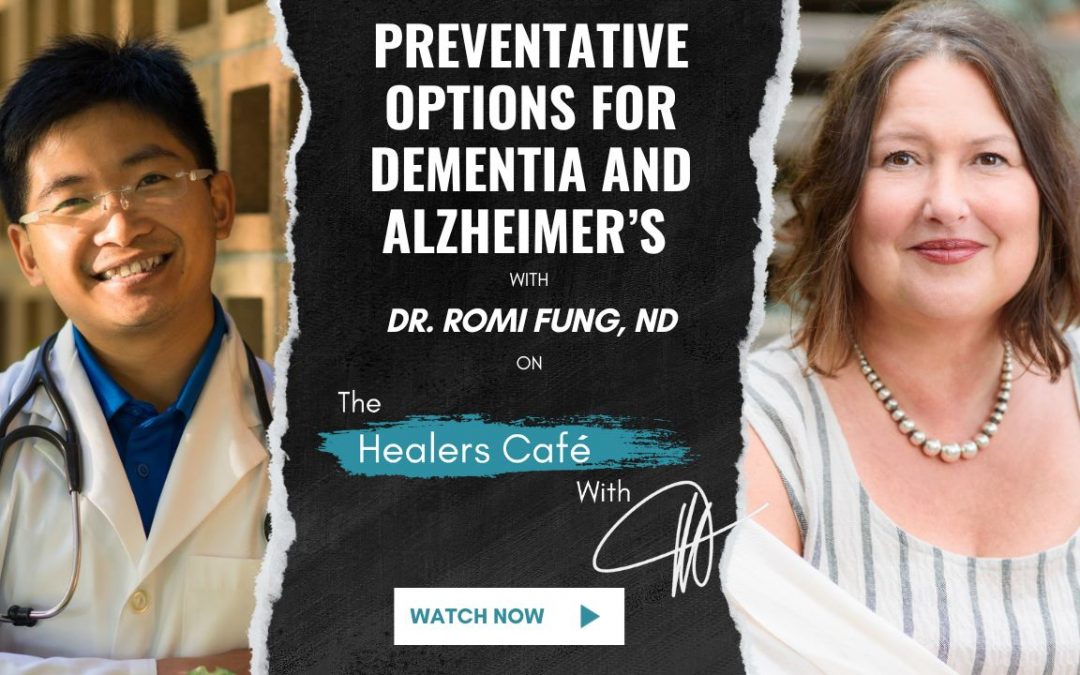
Dr. Romi Fung, ND
Preventative Options for Dementia and Alzheimer’s with Dr. Romi Fung, ND on The Healers Café with Manon Bolliger
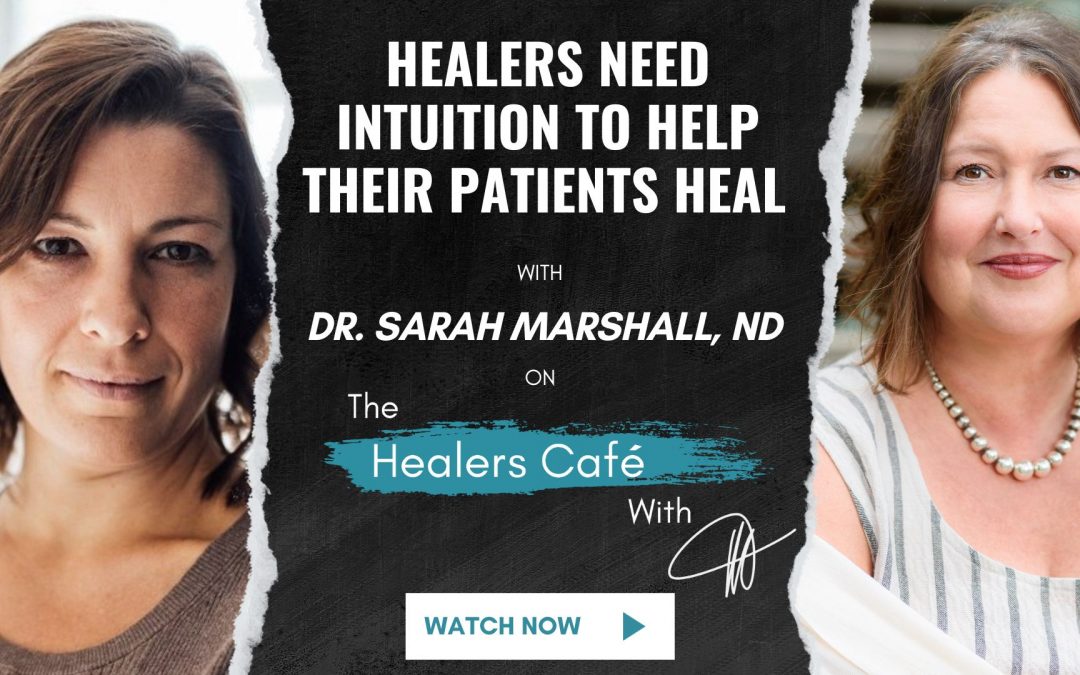
Dr Sarah Marshall, ND
Healers Need Intuition to Help Their Patients Heal with Dr Sarah Marshall, ND on The Healers Café with Manon Bolliger
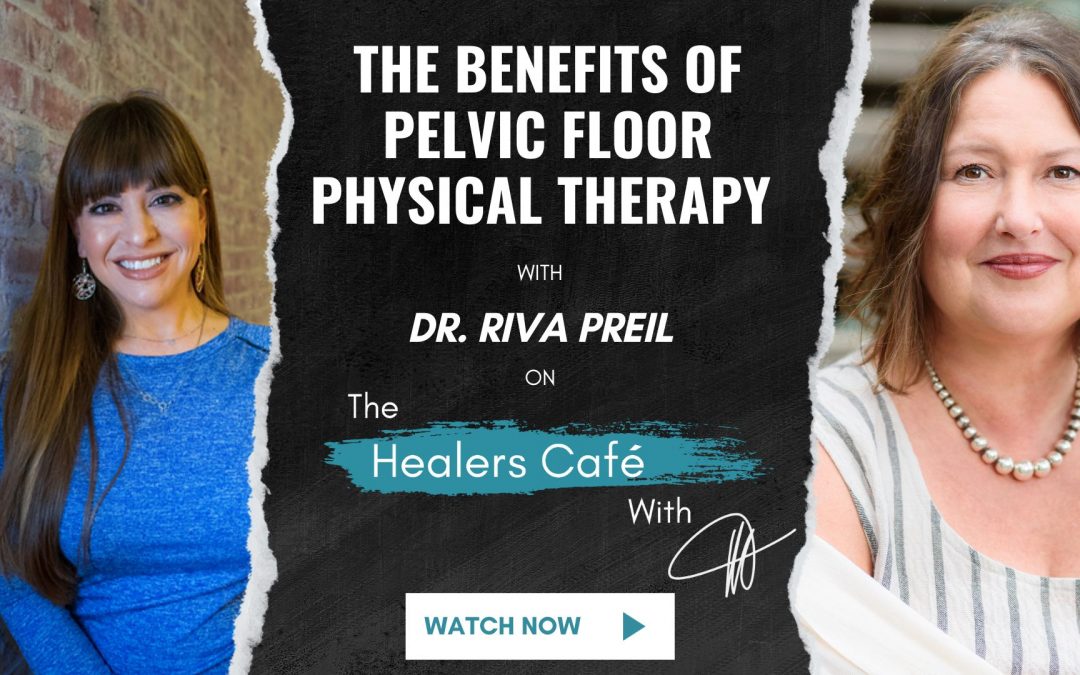
Dr Riva Preil
The Benefits of Pelvic Floor Physical Therapy with Dr Riva Preil on The Healers Café with Manon Bolliger
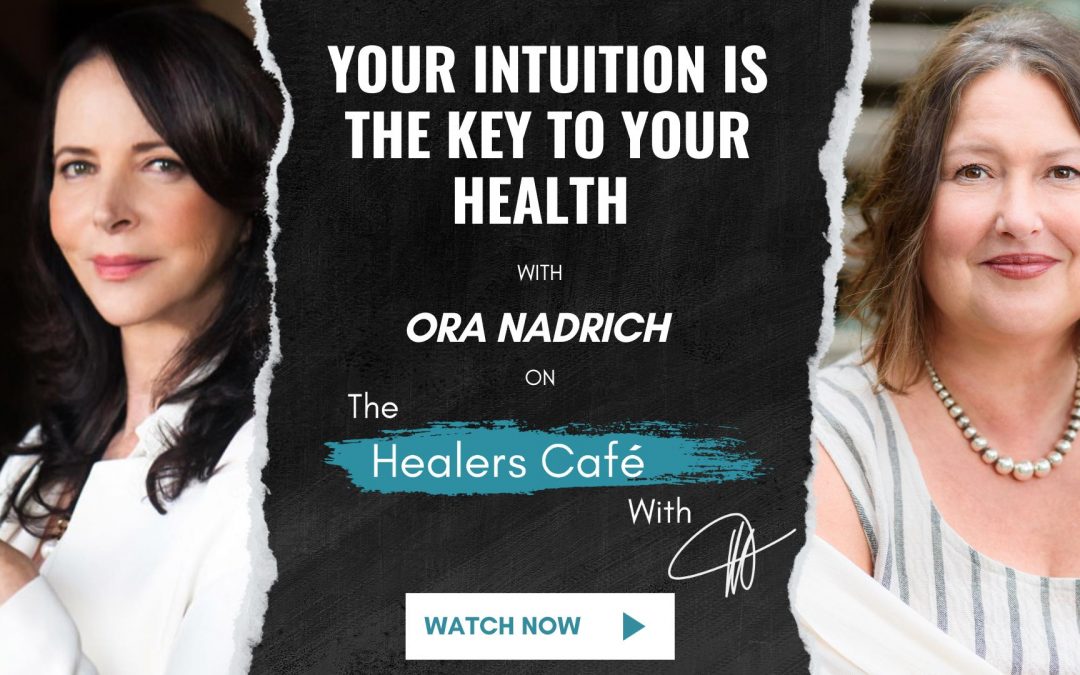
Ora Nadrich
Your Intuition is the Key to Your Health with Ora Nadrich on The Healers Café with Manon Bolliger
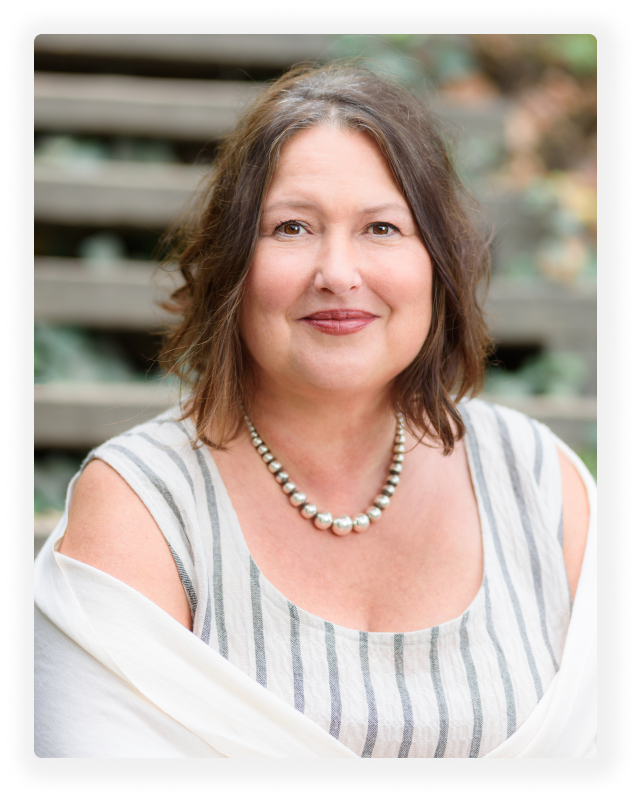
A Better Way To Connect With People
Manon is a newly retired Naturopathic Doctor, the Founder of Bowen College, an International Speaker, she did a TEDxTenayaPaseo (2021) talk “Your Body is Smarter Than You Think. Why Aren’t You Listening?” in Jan 2021, and is the author of 2 Amazon best-selling books “What Patient’s Don’t Say if Doctors Don’t Ask” & “A Healer in Every Household”.
FollOW MANON ON SOCIAL MEDIA
Manon Bolliger, FCAH, RBHT
Facilitator, Retired naturopath with 30+ years of practice, Business & Life Coach, International & TEDxTenayaPaseo (2021) Speaker, Educator, 2x Best Selling Author, Podcaster, Law Graduate and the CEO & Founder of The Bowen College Inc.
* Deregistered, revoked & retired naturopathic physician after 30 years of practice. Now resourceful & resolved to share with you all the tools to take care of your health & vitality!
![]()
